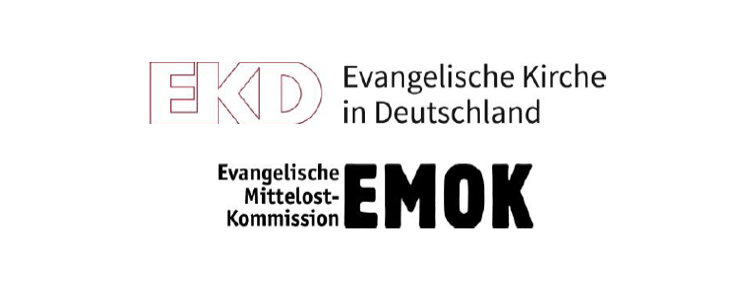Conversion of Hagia Sophia into a Mosque: Statement of the Executive of the Evangelical Middle East Commission (EMOK) of the EKD
The Evangelical Middle East Commission (EMOK) criticises President Recep Tayyip Erdogan’s order to convert Hagia Sophia into a mosque as a backward-looking step that does great harm to Christian-Islamic relations worldwide.
Originally built in the 4th century, Hagia Sophia still retains its 6th century appearance. Until 1453 it was regarded as the most important church in the whole Orthodox world. With its conversion into a mosque in 1453 by Mehmet Fatih, the Ottoman conqueror of Istanbul, it took on significance for the Islamic world as well. In 1934, Atatürk, the founder of the Turkish Republic, turned Hagia Sophia into a museum, thereby standing up for the modern political view of separation of religion and state. Since then, Hagia Sophia, which is part of UNESCO cultural heritage, has symbolised the peaceful coexistence of religions. Reflecting the geographical situation of Istanbul, it has formed a bridge between East and West.
The present, politically motivated decision to turn the museum into a mosque is an expression of intolerance towards Christianity and its adherents. EMOK endorses the criticism of the Middle East Council of Churches (MECC), which calls the decision a “violation of religious freedom and coexistence”. It regrets that, with its conversion into a mosque, Hagia Sophia now symbolises controversy and confrontation instead of religious tolerance and peaceful coexistence. EMOK reaffirms the hope of Heinrich Bedford-Strohm, chair of the Council of the Evangelical Church in Germany, that this decision will be reversed.
It shares the pain of its Christian sisters and brothers in the Orthodox world, who feel deeply offended by this step. At the same time, EMOK is concerned about the repercussions of this act of instrumentalising religion by politics, which has already cast a cloud on Christian-Islamic relations. The few Orthodox Christians remaining in Turkey, in particular, regard Erdogan’s actions with great concern.
EMOK appeals to the democratically minded Turkish civil society and those active in interfaith dialogue to contribute to moderation in interreligious relations and to promote the protection of religious and ethnic minorities.
Executive of the Evangelical Middle East Commission (EMOK);
July 17th, 2020
Source: Evangelical Middle East Commission (EMOK)
https://www.ekd.de/en/documents-and-statements-of-the-emok-1227.htm

